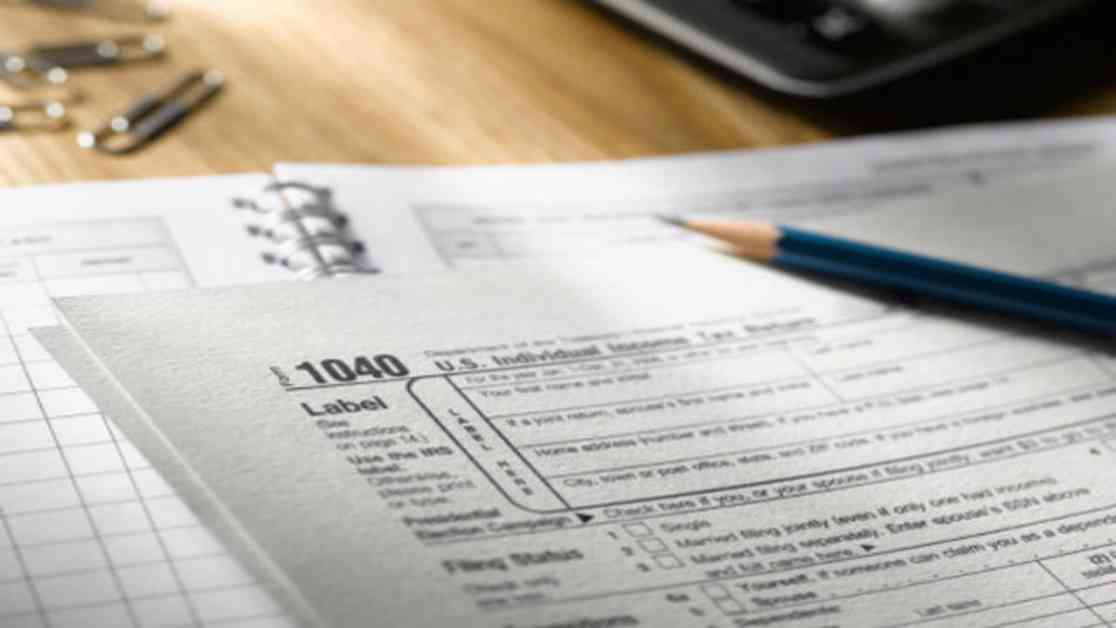2025 Tax Season: A Comprehensive Guide to Important Dates and Deadlines
With 2025 now in full swing, Americans across the country are gearing up for the upcoming tax season. As individuals eagerly await the arrival of their W-2 forms to kickstart the process of filing their tax returns for the previous year, it’s essential to stay informed about the crucial dates and deadlines that lie ahead.
Key Dates to Remember
The Internal Revenue Service (IRS) has yet to announce the official start date for tax return filing this year, but historically, it typically opens up towards the end of January. During this time, the IRS will make available their tax software for the year, allowing taxpayers to begin preparing their returns. Additionally, the agency has provided a list of helpful tips to streamline the process and ensure a smooth filing experience.
As for the tax deadline in 2025, individuals can mark their calendars for the traditional date of April 15. Unlike previous years, there are no holidays that could potentially interfere with this deadline, giving taxpayers ample time to complete and submit their returns.
Refund Expectations and Delays
If you’re anticipating a tax refund, the IRS estimates that eligible taxpayers typically receive their refunds within 21 days of filing, especially if they opt for direct deposit. However, for those who choose to file paper returns, the process may take up to eight weeks to receive their refunds.
It’s important to note that certain factors can delay refunds, such as returns that require additional review by the IRS. Taxpayers claiming the Earned Income Tax Credit or the Additional Child Tax Credit may experience delays in receiving their refunds, as the agency must conduct a thorough examination of these returns before issuing any refunds.
Notable Changes for 2025
One significant change to be aware of in the 2025 tax season is the introduction of Form 1099-K for taxpayers who have received $5,000 or more through online marketplaces or payment apps like Venmo, Zelle, and Google Wallet. According to the IRS, all income generated from these platforms is taxable, regardless of whether it surpasses the $5,000 threshold. Taxpayers must report this income, even if they did not receive the official form.
For more detailed information on the upcoming tax season, including updates to the tax code and additional resources, individuals are encouraged to visit the IRS website for comprehensive guidance and assistance.
Remember, staying informed and prepared is key to navigating the tax season successfully, so be sure to mark these important dates on your calendar and start gathering your documents and receipts. Happy filing!




